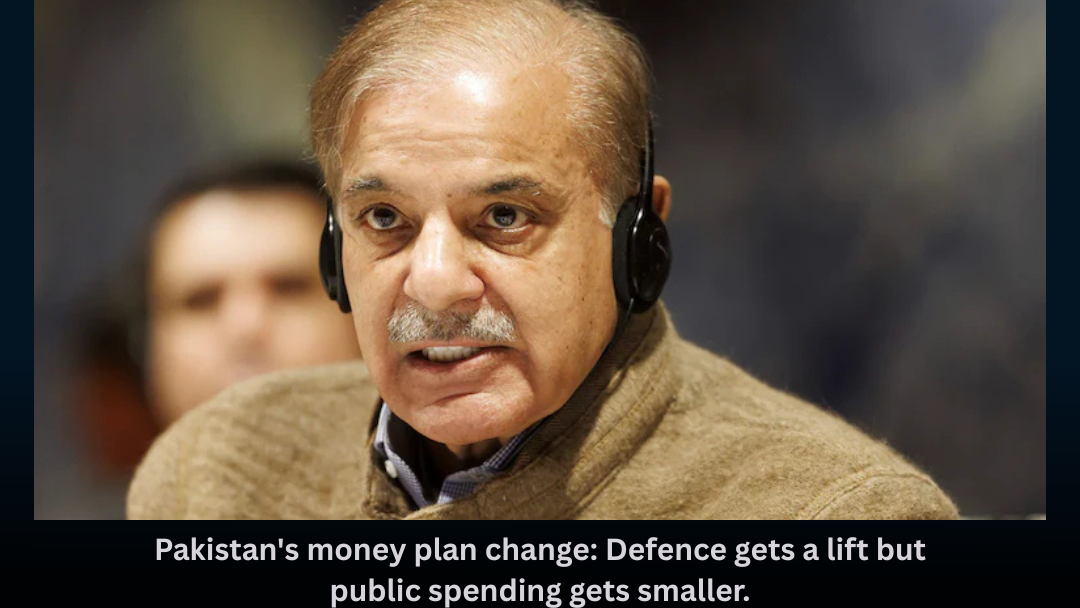Supreme Court recognizes right against climate change as a fundamental right under the Indian Constitution, marking a historic moment in India’s legal and environmental journey. In a ruling that may set the tone for future environmental jurisprudence, the court acknowledged that the right to a clean, stable climate is essential for the protection of life and equality under Articles 14 and 21.
The landmark judgment came in response to a series of petitions highlighting the urgent need for stronger climate action and policy accountability from both central and state governments. The petitioners argued that environmental degradation and climate change disproportionately affect vulnerable communities, violating their basic rights.
A three-judge bench led by Chief Justice D.Y. Chandrachud emphasized that environmental preservation is not just an administrative concern but a constitutional obligation. The court ruled that climate change impacts—such as extreme weather events, rising temperatures, and poor air quality—pose direct threats to citizens’ health, livelihood, and dignity.
In its detailed judgment, the Supreme Court stated:
“Climate change, with its far-reaching consequences, affects the core of our fundamental rights. The right against climate change must be recognized as a separate and enforceable right under the broader umbrella of Articles 14 and 21.”
Legal experts hailed the decision as transformative. Senior advocate Sanjay Parikh, representing one of the petitioners, said this recognition empowers citizens to hold governments accountable for inadequate climate action. It also opens the door for stricter enforcement of existing environmental laws and greater scrutiny of industrial projects that may harm the climate.
Environmental activists also celebrated the verdict. Sunita Narain of the Centre for Science and Environment (CSE) noted that this could pave the way for a “climate justice framework” in India, ensuring that climate policy addresses not just emissions but also equity, sustainability, and human rights.
This judgment comes at a critical time when India is grappling with severe heatwaves, erratic rainfall, and air pollution levels that consistently breach safe limits. It aligns with global movements demanding legal recognition of environmental rights, such as the recent initiatives in the European Union and Latin America.
Additionally, the Supreme Court urged the Centre and states to integrate this ruling into policymaking. It asked for a status report on climate adaptation strategies, carbon neutrality goals, and disaster response systems within three months. This includes revisiting existing environmental impact assessments (EIAs) and enforcing stricter compliance mechanisms.
While the ruling is a giant leap forward, much will depend on how it is implemented. Critics warn that past court directives on environmental matters have often been met with bureaucratic inertia. The next step will require strong coordination between the judiciary, executive, and civil society.
Supreme Court recognizes right against climate change as a matter of life and liberty—a powerful message that protecting the planet is no longer a choice, but a constitutional duty.













Leave a Reply